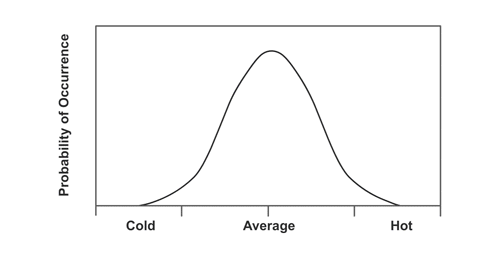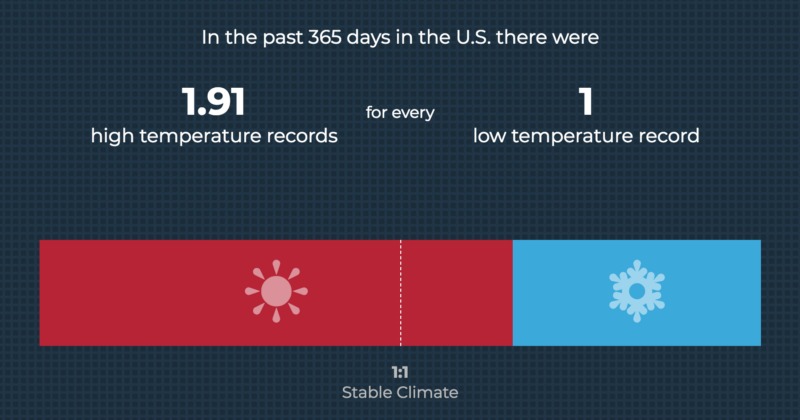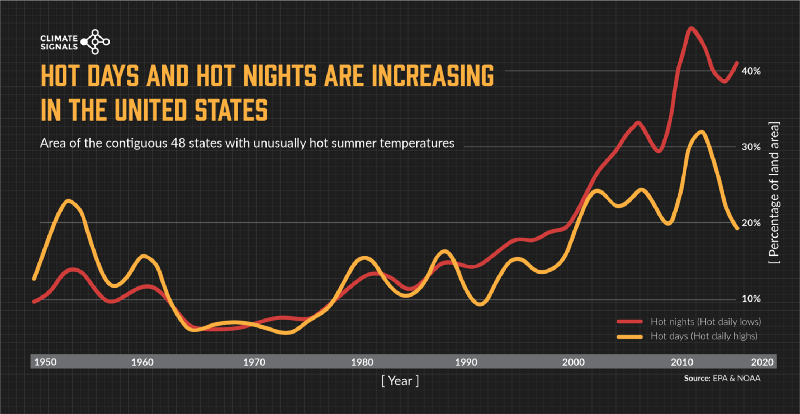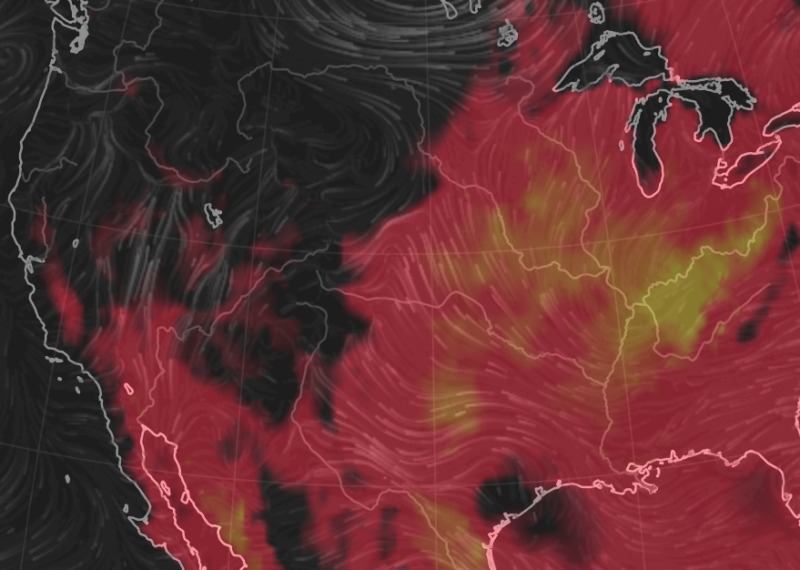Soaring temperatures shattered records from Ottawa to Oman this week, as the Northern Hemisphere endured an oppressive hot spell. A heat dome cooked much of the eastern United States and parts of Canada, setting all-time temperature records in New Hampshire, Vermont and Montreal, where extreme heat took the lives of dozens of people in the city and the surrounding areas.
The scorcher is an urgent reminder that climate change is already fueling dangerous heat, and that rising temperatures will imperil a growing a number of people in the years to come.
Carbon pollution from cars, trucks, factories, farms and power plants is trapping heat, driving up the average surface temperature of the Earth. This is shifting the entire distribution of temperatures, meaning we see fewer cold days and more warm days. When the weather is so hot it breaks records, look for a human fingerprint.

In a stable climate, scientists would expect to see an equal number of record cold days and record hot days. In a warming climate, record hot days should outnumber record cold days, as rising temperatures produce less extreme cold and more extreme heat — the kind that would not have been possible without all that planet-warming carbon pollution. Over the past year, high temperature records have outnumbered cold temperature records almost two to one in the United States.

That’s not the only sign that carbon pollution is fueling extreme heat. There is also the fact that temperatures are rising faster at night than during the day, the result of changes in the atmosphere after the sun goes down. It’s notable that in New Hampshire and Vermont this week it was the overnight temperatures that broke records. Making things worse, as temperatures rise, the atmosphere can hold more water, allowing for more humidity.

While the weather is set to cool off in the Northeast this weekend, the Southwest is just heating up. The National Weather Service has issued an excessive heat warning for much of Arizona, Nevada and Southern California, where temperatures in the triple digits are expected to break records. Officials are urging residents to wear light clothing, keep hydrated and stay near the air conditioner.
Jeremy Deaton writes for Nexus Media, a syndicated newswire covering climate, energy, policy, art and culture. You can follow him @deaton_jeremy.


